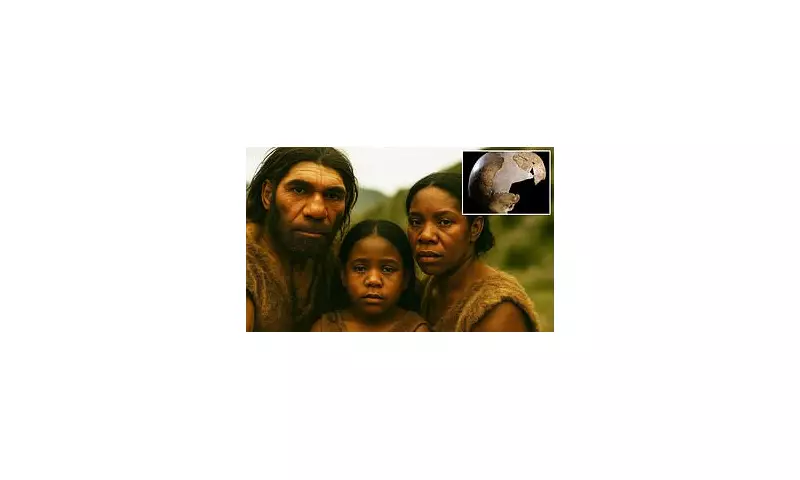
A revolutionary new study has shattered our understanding of human history, revealing that the passionate encounters between our human ancestors and Neanderthals occurred a staggering 250,000 years ago—millennia earlier than any scientist had previously thought possible.
This bombshell discovery, made by a team of international geneticists, effectively rewrites the entire evolutionary timeline of our species. It suggests that the groups we thought were separate were, in fact, meeting and mingling in ways that have left an indelible mark on our very DNA.
The Genetic Ghost in Our Machine
The research hinged on a novel analysis of ancient human genomes, specifically from the remains of Homo sapiens found in Siberia. By developing a new set of genetic tools to sift through this ancient data, scientists were able to detect the faint but unmistakable echo of a Neanderthal ancestor much deeper in time than any previous evidence.
This means the flow of genes wasn't just a one-off event when modern humans migrated out of Africa. It points to a far more complex and intertwined history, where different branches of the human family tree crossed paths repeatedly over hundreds of thousands of years.
A Legacy That Endures
The implications are profound. This ancient interbreeding means that some Neanderthal DNA sequences in modern humans are actually twice as old as previously estimated. These genetic fragments are not mere relics; they are active players in our biology.
Scientists now believe these incredibly ancient genes may have played a crucial role in our survival, potentially helping our ancestors adapt to new environments, fight off diseases, and thrive across the globe. The Neanderthal legacy is not a footnote in our history—it is a fundamental chapter.
This research doesn't just add a new date to a textbook. It fundamentally challenges the simple, linear story of human evolution, painting a picture of a messy, complex, and deeply interconnected prehistoric world where love, or perhaps just survival, knew no species boundaries.





